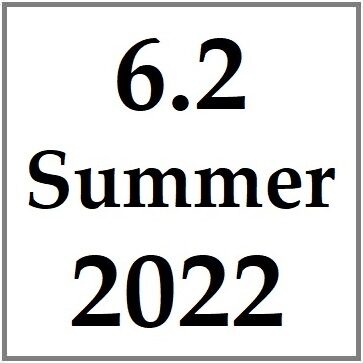Navigating (Dis)Closure During the COVID-19 Pandemic
Kristi Murray Costello
What My Coworkers See:

In the summer of 2021, I was accepted as a patient to a multidisciplinary Long-COVID recovery center. Feeling hopeful, I shared the news with a colleague with whom I text frequently but seldom see in person. “Do you need that?” He asked. “Because you seem fine now.”
In December of 2020, I was forwarded a form that required a handwritten section and signature. The sender reminded me that it needed to be sent back ASAP. The directions on the form stated that the writing must be “legible.” Immediately, I panicked because a series of (what we now know were) microstrokes in May 2020 meant that I couldn’t hold a pen with my dominant hand anymore and, while I was practicing writing with my left hand, progress was slow. At best, my handwriting with my left hand looked like that of a kindergartener; At worst, it looked like it had been drafted in the dark on an Etch-a-Sketch, inconclusive and jagged with sharp edges. After nearly an hour of trying to write on the form, nearly a dozen discarded attempts, and, admittedly, a few tears, I finally had a draft that was discernible. But, instead of relief as I attached the draft, I felt embarrassment and anxiety. Is the form going to be sent back? Am I going to be judged or called out for my handwriting? I knew the sender well enough to expect that I might get a request to redo the form (and that it might be a little snarky), so, even though I felt uncomfortable about being vulnerable with him, I thought it best to preempt that inclination with some disclosure. After revising it multiple times, I sent an email explaining that writing by hand was now difficult for me. Surely by this time, he has heard about my experience with COVID and will be understanding, I told myself. I took a deep breath and hit send.
A few hours later, I received a response that read simply: “LOL.”
This was not the first time during this journey that I realized that many professionals have little idea how to respond to disclosure about disability and illness or requests for accommodation. Over the past 15 months, I have experienced, admittedly for the first time, what so many of my disabled colleagues and students have experienced and known for a long time: the lip service we pay to accessibility and fostering a culture of access but how little patience we have for anything that could be construed as inconvenience.
To be fair, I expect there are people with whom I corresponded over email that have no idea that I had an active COVID infection and lingering effects, and even fewer folks who have a clear understanding of my current diagnoses. Up until very recently, I only opened up when I had to and never more than absolutely necessary, like when I had to ask for accommodations such as screen reader-enabled texts or decline invitations for panels and article reviews. I bookended these emails with apologies for my body and over-the-top gratitude for bare minimum accommodations and, regardless of whether folks responded with concern, pity, or annoyance, I would respond by thanking them and assuring them I was on the mend and hopefully wouldn’t need to ask again. I cringe now as I re-read those emails.
So. Many. Apologies.
And nothing to be sorry for.
